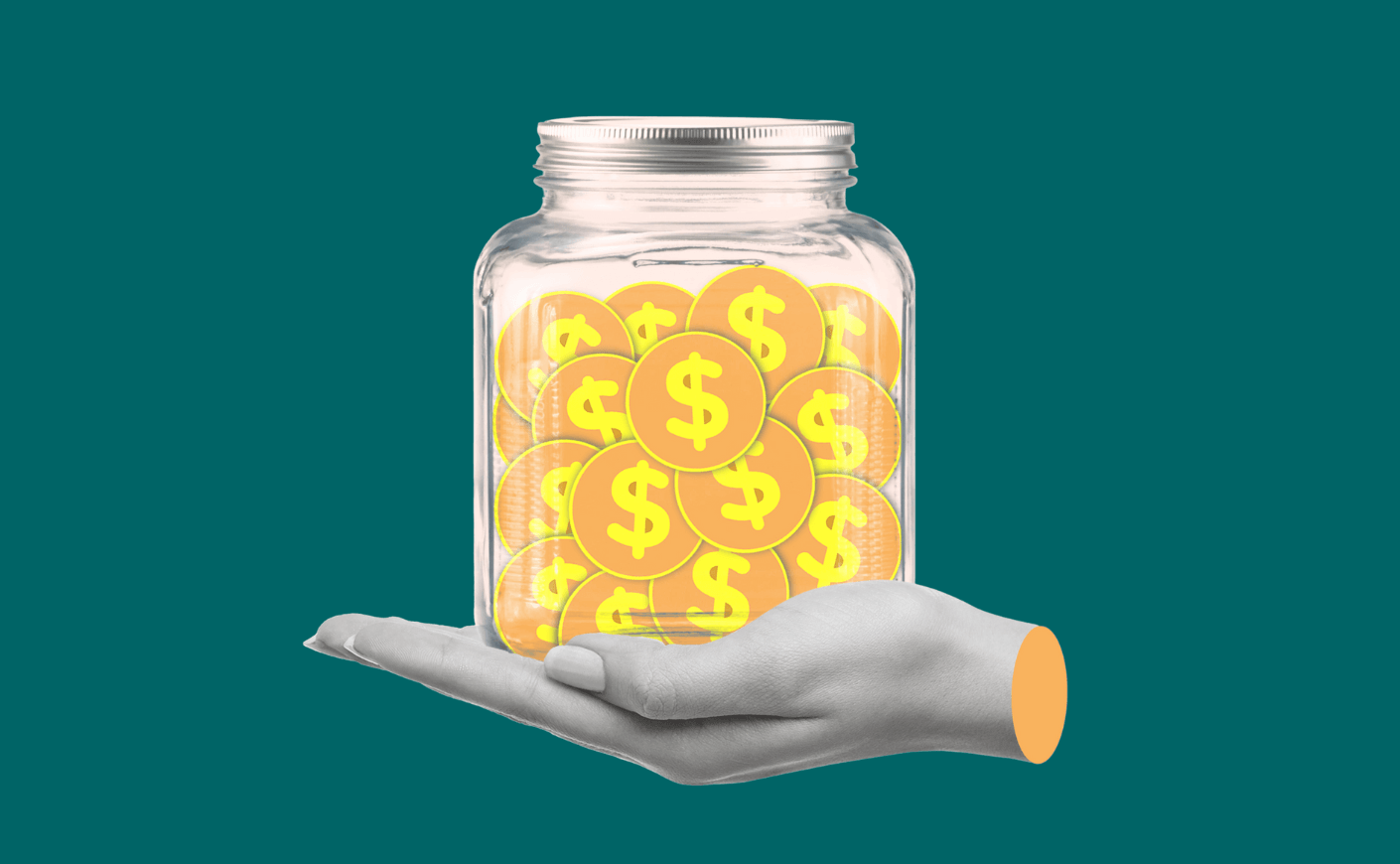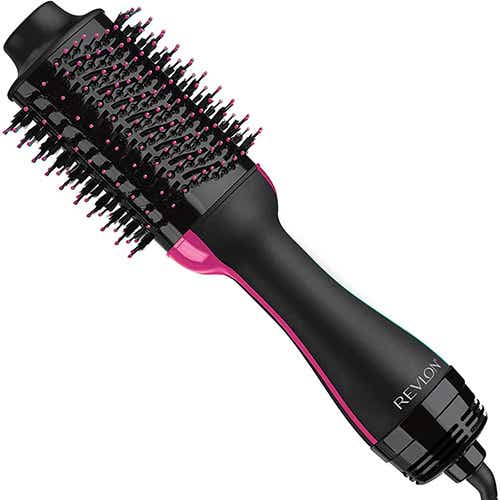Here’s how to prevent money woes from weighing you down.
There’s nothing quite as liberating as checking your bank account without feeling a pit in your stomach. Because let’s face it, what ruins a good mood faster than a low cash reserve?
The fact is, with our current economic climate, marked by rising inflation and uncertainty, the majority of us are dealing with heightened concern about money. According to a recent survey, 65 percent of Americans report experiencing monthly financial stress — the highest rate recorded since 2015.
Gaining a clear understanding of your finances can not only help you stay out of the red but also ease any negative feelings or anxiety related to your bank account.
What does it mean to be financially well?
Money wellness means having the financial muscle to tackle unforeseen situations, such as losing your job, or facing unexpected medical or car repair bills, without breaking a sweat.
“You’re not worried about money every single day, you’re not constantly checking your bank account, and you’re not concerned about an unexpected expense hitting your account,” says Marsha Barnes, the CEO and founder of The Finance Bar Members Club and host of The Money Wellness podcast.
And being financially well is not just about keeping enough savings — it’s also about having a positive, confident attitude towards your finances, so you can enjoy your life to the fullest. “You’re able to dive into the things you really want in life without being stressed about it and without feeling guilty about having nice things or experiences for yourself,” Barnes shares.
How financial stress impacts your mood and overall health
Practicing healthy financial habits — like stashing part of your paycheck into a savings account, investing in your retirement plan, or avoiding unnecessary debt — can help promote your financial wellness and boost your overall health. That’s why it’s important to start those healthy savings habits early on. Financial stress in women can be a precursor for developing prediabetes, obesity, and metabolic syndrome, according to a study.
Unfortunately, research shows women feel the burden of financial stress disproportionately more than men. “As young women, many of us weren’t always taught or encouraged to think about how being in great financial health could be attractive,” says Barnes.
Individuals, organizations, financial institutions, and even health and wellness brands are trying to battle these burdens. Our friends at Secret Deodorant just launched a multi-year initiative to provide one million young women with access to in-depth financial courses and training resources developed and led by female financial experts, such as Barnes, all free of charge, in celebration of Financial Literacy Month. “In a world where financial literacy is often not given the attention it deserves, it’s refreshing to see a company, like Secret Deodorant, commit to promoting financial education,” Barnes says.
“The reward of developing good financial habits along the way is being able to do and have the things that you not only need but want.”
How to boost your financial wellness
Understand your money script
Many of us develop a relationship with money based on how our parents spent or saved — which we can mimic without even realizing it. But it’s important to take a step back and identify what your money script is, Barnes explains.
“Money scripts are simply unconscious beliefs that each of us might’ve developed around money and life,” says Barnes. Think of them as learned behaviors. “As an example, when I was young, my mom always shopped on the sale rack. It didn’t mean that she didn’t have enough money, she just didn’t believe in paying the full price for anything. So I may have developed that same money script.”
Other money scripts can include believing money is bad, feeling that money solves everything, that your net worth is your self-worth, or being vigilant and protective over your finances, Barnes explains.
“When we don’t understand what our money scripts are, we don’t have a direction for where we want our money to go,” she says. “And therefore, we just go anywhere.”
Identify your values
Figuring out what you value most in life — whether that’s taking vacations, going to brunch every weekend, or having a certain amount of money saved in your account — can also boost your financial wellness. Once you have a clear view of what your relationship to money looks like and what you value, it’ll help adjust how you spend. “It might inspire you to focus on value-based spending, so you only spend your money on the things that you value most,” says Barnes. It’ll make spending money that much more rewarding.
Adopt simple savings habits
Saving money can mean many things. “It can be putting away money for short-term emergency savings, for the future in a retirement account, or for a vacation,” says Barnes. “This can make you feel comfortable that you’re practicing good financial habits, as best you can.”
Build financial resilience
As we’ve seen during the pandemic, sometimes it’s difficult to know (or plan for) what’s coming next. “Especially for younger women, it’s crucial to understand the importance of embracing life’s journey, because as we age, our incomes can rise, or fall, as we experience things like layoffs or having to pivot in our careers,” says Barnes. “As opposed to feeling like you financially failed in life in those moments, take every lesson as a financial lesson.”













